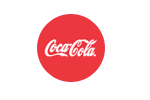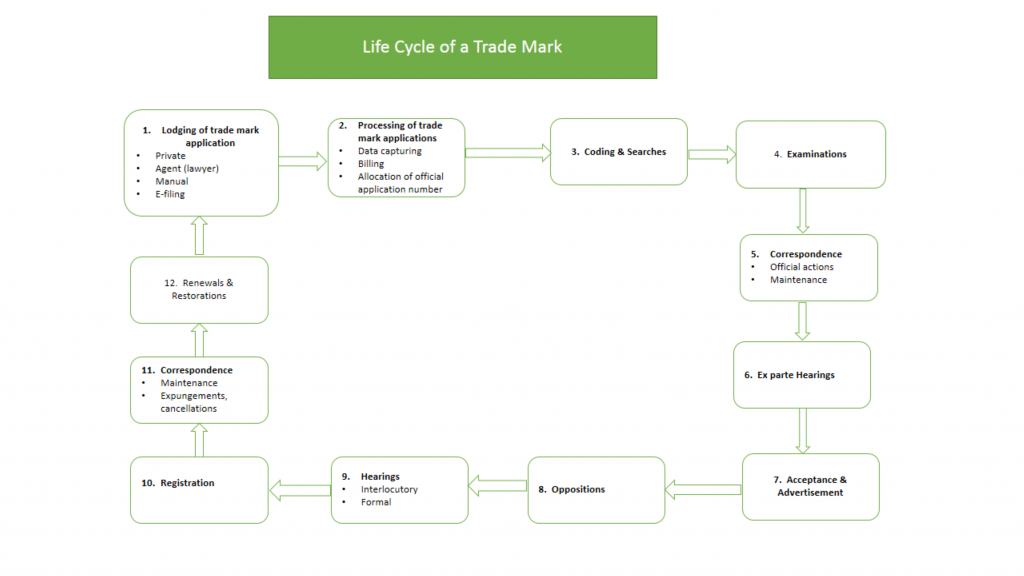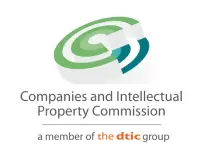REGISTER TRADE MARK
A trade mark is a brand name, a slogan or a logo. It identifies the services or goods of one person and distinguishes it from the goods and services of another. Thus a brand name is a word or combination of words (e.g. Kentucky Fried Chicken). A slogan is a short phrase or a sentence, and a logo is a distinctive picture or symbol. They provide a distinctive identity in the marketplace and can apply to both products and services.
When a trade mark (brand name, slogan or logo) has been registered, nobody else can use this trade mark, or one that is confusingly similar. If this happens, legal action may result.
Must a Trade Mark be Registered?
A trade mark can only be protected as such and defended under the Trade Marks Act, 1993 (Act 194 of 1993) if it is registered. Unregistered trade marks may be defended in terms of common law. The registration procedure results in a registration certificate which has legal status, allowing the owner of the registered trade mark the exclusive right to use that mark.
CIPC administers the Register of Trade Marks which is the record of all the trade marks that have been formally applied for and registered in the Republic of South Africa.
What is the Lifespan of a Trade Mark?
A registered trade mark can be protected forever, provided it is renewed every ten (10) years upon payment of the prescribed renewal fee.
Before you Apply
A trade mark may be registered if it serves the purpose of distinguishing goods and/or services of one trader from those of another trader, and must meet the following conditions:
- It does not consist exclusively of a sign or an indication which may serve, in trade, to designate the kind, quality, quantity, intended purpose, value, geographical origin or other characteristics of your goods or services, or the mode or time of their production or of rendering of the services;
- Has not become customary in your field of trade;
- It does not represent protected emblems such as the national flag or a depiction of a national monument such as Table Mountain;
- It is not offensive or contrary to the law or good morals or deceptive by nature or way of use; and
- There are no earlier conflicting rights.
Typical examples of trade marks:
| Trade Mark (Brand Name) | Slogan | Logo | Shape |
| Coca-Cola | Open Happiness |   |
|
| Standard Bank | Moving Forward |  |
Note: The above are all extracts from the South African Trade Marks Register.
Checklist for registration of Trade Marks:
LIFE CYCLE OF A TRADE MARK

ADDITIONAL INFORMATION
- Photo copies of documents – R1.00.
- Inspection of Register, a file or documents – R4.00.
- For collating documents for certification – for every 100 words or part thereof – R4.00.
- Certification of extracts from Register or documents (per document) – R34.00.
CLASSIFICATION OF GOODS AND SERVICES
EXAMPLES OF NON-REGISTRABLE TRADE MARKS
Example 1: “24 Hours”
24 HOURS cannot be registered as a trade mark, since the expression is reasonably required for use by other traders. Should we register the mark, the owner of the registration would acquire the exclusive right to use this phrase and thereby prevent all other traders from using it. This cannot be allowed.
Example 2: “Cheese”
The word CHEESE cannot serve as a trade mark for cheese, as it will not distinguish the cheese manufactured by one trader from that of another. It will thus not serve the purpose of a trade mark.
Example 3: “Server”
If the word SERVER should be registered for computer services, nobody in that field of industry would be able to use the word in their everyday practice. This would be unfair to the traders in the specific industry and also detrimental to trade. Therefore, the Act prohibits the registration of words or phrases reasonably required for use in the specific field of trade. However, the word SERVER may be registered for clothing, because in that field the word is not in common use in the normal course of trade.
Tips
- Invented words, logos, or pictures are generally distinctive if not copied or become customary in the trade:
- PRZAY
- eskzzee
- LobuLo
- PRZAY
- Add a distinctive word or symbol to a non-distinctive word or phrase
-
- ZeZe Internet Cafe for restaurant services
- Piggy Juice for fruit juice
- Ivanov’s Pizza Place
